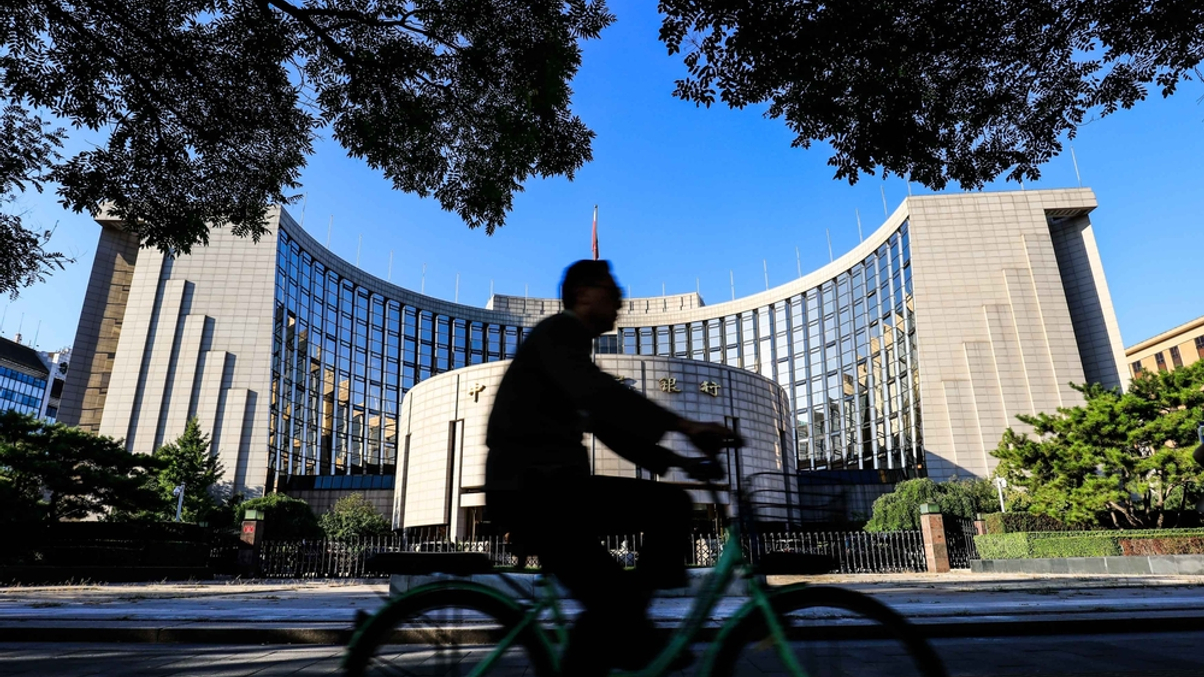Chinese bonds still unlikely to find favour in second half of 2022
Despite non-property developer bonds being relatively more attractive than Chinese government bonds (CGBs), overall sentiment among foreign investors is likely to remain low in the second half of the year.

With housing woes hanging over the Chinese market - and the yuan on the weak side against a strengthening greenback - Chinese bonds are unlikely to find traction with foreign investors in the second half of 2022.
Sign in to read on!
Registered users get 2 free articles in 30 days.
Subscribers have full unlimited access to AsianInvestor
Not signed up? New users get 2 free articles per month, plus a 7-day unlimited free trial.
¬ Haymarket Media Limited. All rights reserved.


